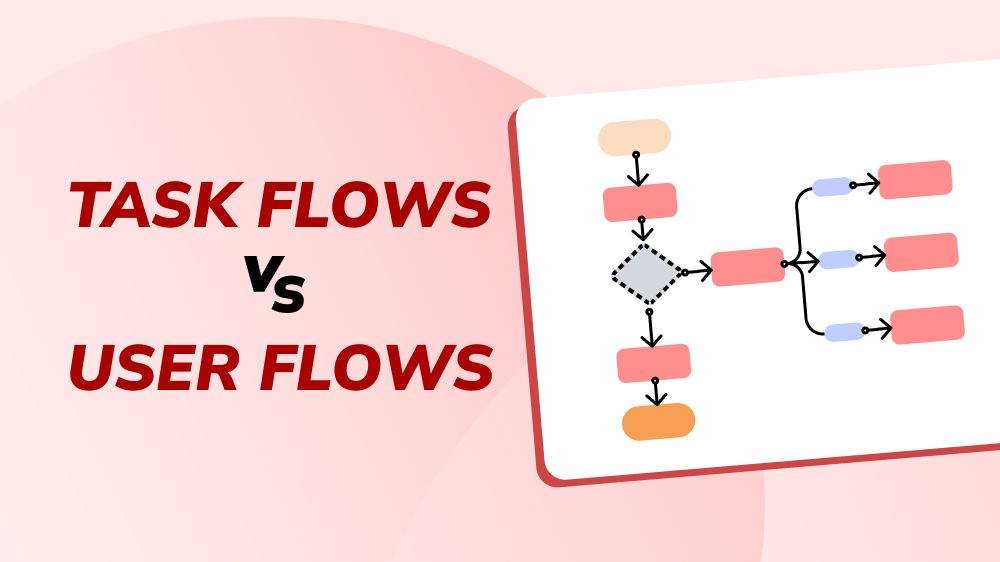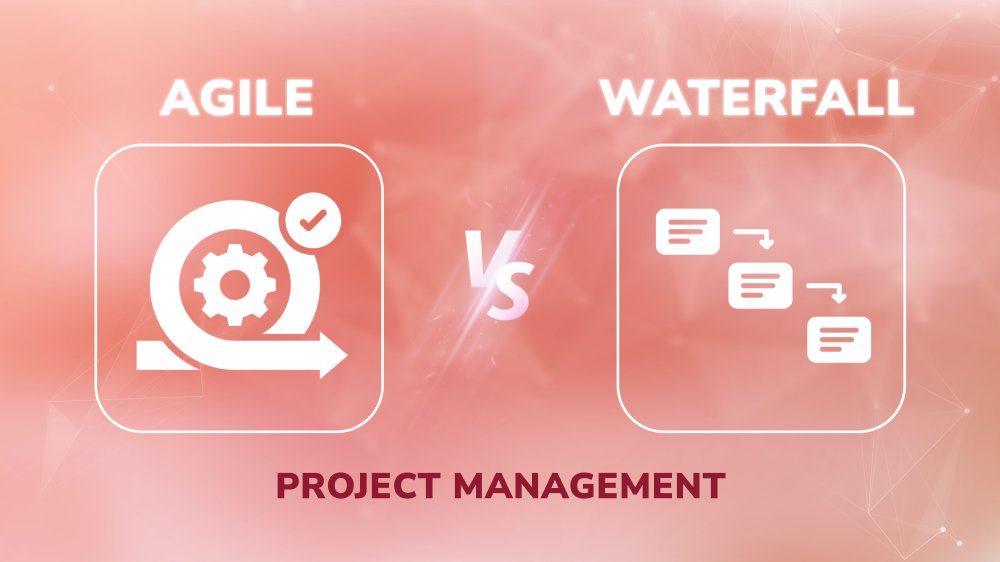How Have the Types of Software Engineers Changed in the Modern Context?

Content Map
More chaptersAs businesses, regardless of size, shift into a more online-focused approach, the role of software development engineer has become increasingly vital in today’s market. Historically, software engineer roles simply revolved around coding and programming based on specifications and requirements provided by the product team. Their role has been elevated in the technology industry due to significant changes in modern times in order to adapt and meet human needs. Nowadays, development and operations teams are involved in the entire software development lifecycle, including requirement analysis, system architecture, deployment, testing, and maintenance, rather than just coding.
As a result, businesses are evolving and seeking individuals with advanced technical skills, such as proficiency in popular programming languages, databases, frameworks, and software architecture principles. These professionals are recruited to enhance project performance and leverage technological advancements.
What are those emerging types of software engineers? And is it accurate to say that digital transformation is the only factor affecting changes in software engineering roles? The following article not only provides businesses with a clearer picture of the existing technology industry but also helps software engineers catch up with the evolving era.
What Led to the Changing Landscape of Software Engineering Roles?

It is undeniable that digital transformation is one of the main factors causing changes in software developer recruitment strategies in organizations. However, the truth behind it is much more complicated than you ever thought.
Growing Industry and Market Demands
Software engineering certainly is in its golden age. With the development of a series of software development products to address the increasing needs of users, businesses gradually have a more accurate assessment of the great impact of the industrial revolution. The increasing reliance on software has driven high demand for qualified software engineers. In order to create a competitive advantage over countless competitors in the same segment, organizations have to accept reality and update their operating systems. According to statistics, the demand for developers rose by approximately 17% across all industries in 2023, as per Opportunity Desk.
Increased demand is a good sign for engineers seeking jobs. However, this is also a big challenge due to the high competition existing in the software engineering job market. Competition among developers forces individuals to improve their learning spirit by continuously updating new technology trends, cultivating professional knowledge, or even learning more related professional skills to stand out from the crowd. This has created a new generation of software engineers, a full stack engineer, for example.
Impact of Digital Transformation
In recent years, new digital technologies such as cloud computing, big data, artificial intelligence, machine learning, and the Internet of Things have been continuously launched and strongly applied to improve the quality of human life and the operational efficiency of businesses. In order to serve the needs of developing and implementing technology solutions that drive innovation and enable digital growth, businesses began to engage in the battle to recruit software developers who have experience in technology adoption.
Organizations undergoing digital transformation require developers to acquire new technical skills to avoid being replaced. Always updating and changing according to the general situation of the socio-economy is the only way for software engineers to survive in the fence market.
Rapid Technological Advancements
Businesses hire software engineers not only for custom enterprise software development but also for other needs, such as integrating with existing systems. The rapid development of technological advancements has created favorable conditions for the emergence of many support tools like code generation tools and new concepts in the field of technology like cloud architecture.
New programming languages, frameworks, development tools, and libraries have enabled software engineers to create more sophisticated and efficient software applications. Compared to hiring a developer lacking technology adoption, businesses prioritize vacant positions for more experienced ones. As a result, understanding new concepts is becoming essential for software engineers.
Emphasis on User-Centric Design
The emphasis on user-centric design is one of the important factors that lead to changes in software engineer roles in the digital era. As software products are created to meet the needs and gain satisfaction from users, there has been a significant shift towards user interface, focusing on delivering computer software that provides exceptional user experiences.
Traditionally, software engineers mainly focus on the technical aspects of a product. However, they are now required to have broader knowledge and consider usability when developing applications. The process of completing a user-centric design, including steps such as user research, usability testing, and user feedback, has now become an integral part of the software development process, leading to significant changes in software engineer roles.
Shift toward Agile Methodology and DevOps
This software development process is now operated using a variety of different methodologies to ensure product quality and smooth workflow between departments. Among them, the Agile methodology is the most popular choice for businesses regardless of size because of its high level of flexibility and adaptability. The transition from traditional Waterfall methodology to modern Agile has changed software development practices. With Agile, software engineers are expected to collaborate closely with cross-functional teams and participate in sprint and daily standing meetings to ensure project understanding through departments.
Similar to Agile methodology, DevOps also emphasizes collaboration and continuous delivery in IT operations. This requires software engineers to be familiar with monitoring tools, infrastructure automation, and continuous integration/continuous deployment (CI/CD) practices, which all contribute to the success of software systems. Overall, the transformation to Agile methodology and DevOps has made the roles of software engineers more multidisciplinary.
Emerging Types of Software Developers in the Modern Era

Due to the aforementioned factors, types of software engineers have undergone significant changes in the modern landscape. Mobile developers once dominated the early 2000s, but market demands shifted, reducing their importance over time. Many new software engineering jobs are continuously emerging, gaining widespread popularity and taking over previous roles.
We don’t say that positions like mobile developers no longer remain necessary at the present time as they are one of the undeniable roles in the software development process. It’s important to note that technological advancements and evolving market demands have led to the emergence of other urgent roles that serve human needs. Depending on the trends of each stage, emerging types of software engineers will be different. Below are the top new software engineer roles that play the most important role in the 4.0 industrial revolution.
Blockchain Developer
The concept of blockchain technology has been around for a long time but has only received attention from the community in recent years with the remarkable development of a cryptocurrency called Bitcoin. Blockchain trends are said to be the way of the future due to their transparency and security. In order to take advantage of this innovative network, more and more businesses are getting a hand in the creation of decentralized applications (DApps). The rising interest in blockchain has created numerous career opportunities for developers. The demand for blockchain developers has surged, making it an attractive field to pursue.
Blockchain developers are experts who specialize in building and deploying applications using blockchain technology. By using programming languages specific to the blockchain platform, they ensure the software solutions to full functionality while highly secure to participants without the need for intermediaries.
Quality Assurance Engineer (QA Engineer)
With the rise of information technology, there is a greater number of complex systems born to serve increasing user requirements. Customers now expect not only a high-quality application but also one bug-free that provides a seamless experience. However, the more complicated the applications are, the harder it is for businesses to operate them smoothly without any issues or bugs. This is where having a QA engineer is useful for businesses within industries.
QA engineers are professionals playing crucial roles in implementing testing strategies to identify and resolve any defects or issues during the software development life cycle. Essential QA engineer skills to look for include technical expertise like in-depth knowledge of different software testing types and test management tools and soft skills like problem-solving and attention to detail. Hiring such engineers helps businesses identify potential issues early on and reduce the costs required for bug fixes and maintenance.
Software Integration Engineer
The development of new technologies, such as artificial intelligence, big data, IoT, etc., has created great motivation for businesses to upgrade their existing software systems. However, the integration process can only function if done properly due to the complexity of the inherent products and new technology. That is why the role of software integration engineers is increasingly becoming more evident for businesses regardless of size.
Software integration engineers are in charge of integrating various software systems or components to ensure smooth communication and interoperability between them. This type of software engineer is especially suitable for software applications that rely on third-party APIs or plugins to enhance functionality.
Security Engineer
The rise of technology and digitization has made cybersecurity risks a prevalent and sophisticated issue faced by all industries. It is unrealistic for businesses to expect a software solution to operate completely free of bugs. With data systems growing parallel to user bases, businesses can only limit potential data breaches by hiring security engineers. Security engineers play an important role in implementing and maintaining security measures within an organization’s IT infrastructure, further ensuring the security and availability of information systems.
Cloud Architect
The increasing adoption of cloud computing services has created a solution that helps people access and connect to a wide range of services and resources more flexibly and securely than ever before. None other than cloud engineers are the professionals who make cloud-based solutions for organizations a reality.
As cloud architects, they navigate the complexities of cloud adoption, choose the right cloud providers and services, and design architectures that align with business goals. Cloud developers are also individuals who play an important role in helping businesses overcome geographic restrictions and set up a multi-region infrastructure, which enables the need to expand operations to new markets and serve customers globally.
Full-stack Developer
Full-stack developers have emerged as a response to the growing need for versatile and efficient web development professionals. They are popular choices for businesses wishing to optimize financial strategies. Different from other types of software engineers, full-stack engineers have the expertise and knowledge to work on both the front-end and back-end aspects of a product.
Because of their broad understanding of various programming languages, frameworks, and tools, they are capable of independently handling various tasks and faster development cycles where dependencies on multiple developers are reduced. In many cases, full-stack developers can bridge the gap between different web development aspects, but there are instances where specialized software developers may be more appropriate for specific project requirements.
The listed software engineering roles are just representative of the numerous popular positions in the modern job market. As the field of software engineering and technological advancements continues to evolve, the industry demands may change to adapt to modern conditions. At Orient Software, we provide customers with a large pool of talent, which brings together experienced experts in writing software from many different fields. Don’t hesitate to reach us for more details about our full services.







